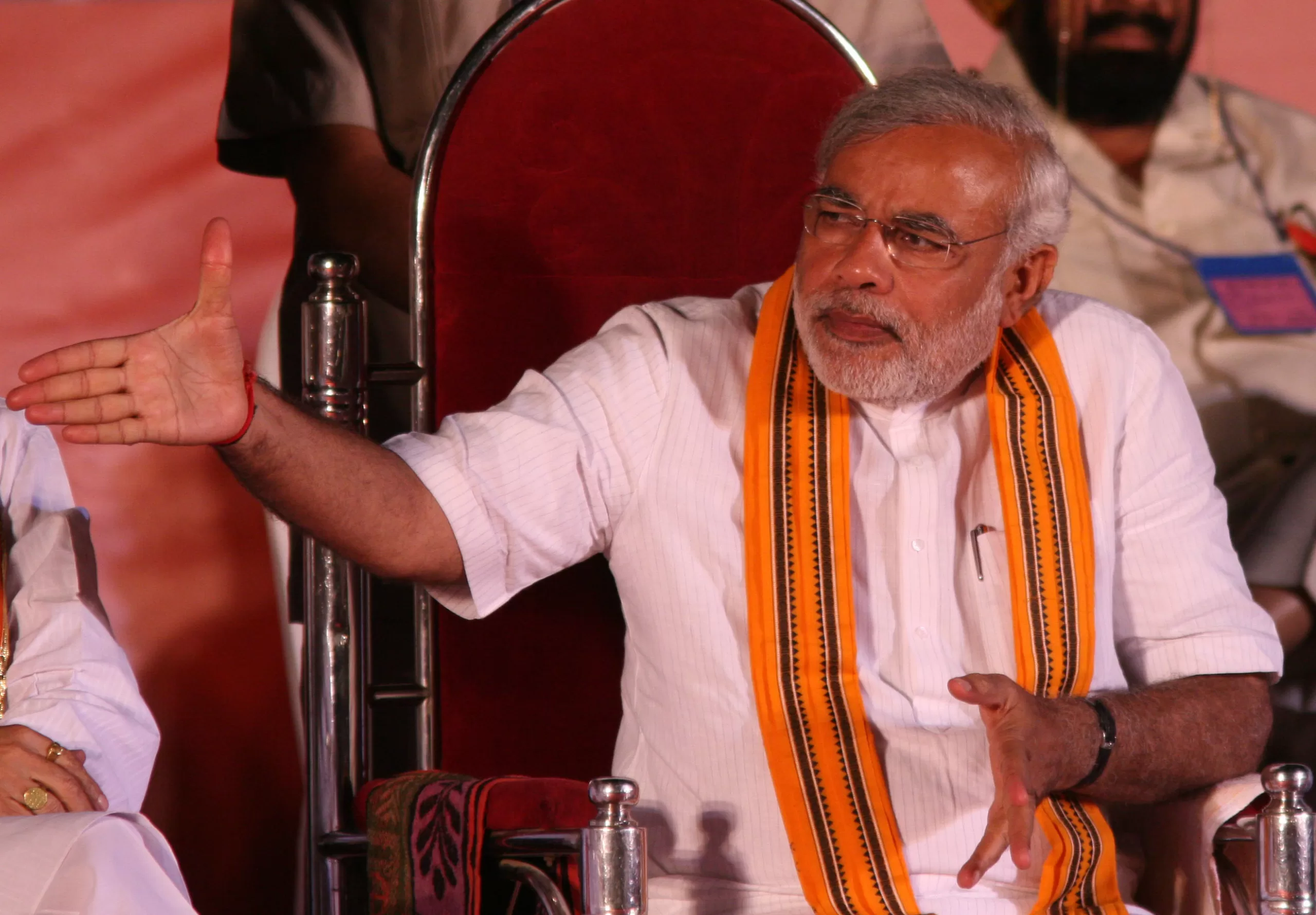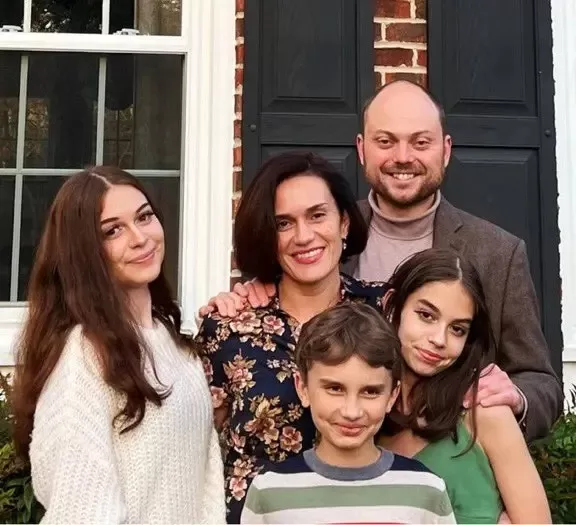 Hugo Chavez has opened new fronts in his assault on independent media, says Daniel Duquenal
Hugo Chavez has opened new fronts in his assault on independent media, says Daniel Duquenal
Hugo Chavez’s war on Venezuela’s media has taken a sudden and very dangerous turn in recent weeks, climaxing on 3 August when one of Chavez’s street leaders, Lina Ron, and her entourage attacked Globovision throwing tear gas bombs (video in Spanish here and blog entry explanation here).
Index on Censorship has kept a close watch on the Venezuelan situation since 2007 when RCTV, the major commercial network, was closed by the Chavez government, on the grounds that it had not renewed its concession. A new state-owned network, TVes. Recently there were renewed concerns over Globovision, the 24 hour news network. The station was accused of reporting an earthquake before the government did and thus, supposedly, generating panic in the population. That charge became the starting point for a new wave of attacks on the media that are severely affecting freedom of expression in Venezuela.
The first attack was the decision to “review” the licensing of all radio and TV networks in Venezuela, selectively applying political criteria disguised with excuses such as “airwave licences cannot be inherited”. While the government may have a right to regulate the air waves — to make sure that dubious characters do not broadcast unacceptable messages and that all have a fair share of the bandwidth, free of interference — what Diosdado Cabello, the minister in charge, did was not acceptable in a democratic society: more than 200 radio stations were declared under investigation (in a country with 27 million inhabitants) and last week a first batch of 34 were closed altogether. Cabello also threatened media organisations, in case they dared to protest against the arbitrary measure. There was one clear demonstration of the political intent of the move: among the radio stations closed, five belonged to the CNB network, whose main crime is broadcasting Globovision’s popular talk show “Alo Ciudadano”.
The second front of attack is infinitely more dangerous. It also started last week when Luisa Ortega, Venezuela’s “Fiscal de la Republica” (General Prosecutor of the Republic, whose office monitors and directs all prosecutions and investigations in the country) presented a new bill to the National Assembly. “Freedom of expression must be limited,” she said. The bill would create “media crimes”, in reality nothing more than thought crimes. According to this bill (unofficial translation here), journalists and media owners could be prosecuted easily on criteria determined by the government, dependant on their assessment of the quality and range of the news in question. Not reporting on certain news could even be considered a crime. All penalties would be jail sentences, from six months to four years. Were such a bill approved, it would be the end of freedom of expression and information in Venezuela, as all broadcasting and newsprint would be targeted. No word on the Internet and blogging yet, but their fate cannot be far behind: this weekend Twitter was already singled out by the Chavez movement. Considering that the judicial power of Venezuela has long ceased to be independent you can imagine that this bill would quickly generate massive self censorship while starting a major purge in press rooms.
Why such a sudden overdrive? Very simple: the economic situation in Venezuela keeps deteriorating, Chavez’s allies in Honduras are under attack, and now renewed accusations of links with the FARC, are creating a potential political and diplomatic storm. Simply put, Chavez does not want to air all of this at home.





